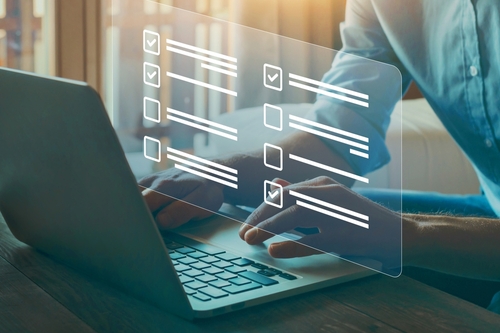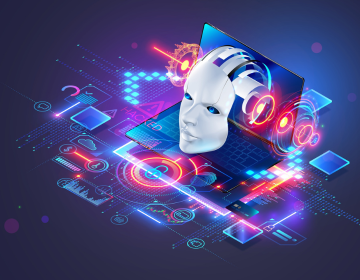They’re right. But although such comments are a good way to attract some quickfire public support, they don’t offer solutions.
The reality is that the horse has already long bolted when it comes to the role tech plays in our lives. It dominates from the second we get up, to the moment we fall asleep. And it’s only going to grow.
Nowhere is this more obvious than in the changes we are seeing in our homes.
Currently around 2.2million properties are classed as ‘Smart Homes’ because they boast integrated systems set up to control things like lighting and heating.
And technology will transform more and more homes over the coming decades.
A lot of damage
But this growth undoubtedly risks leaving the door open to cyber criminals and we need to start having more conversations about these dangers.
Take one of the main areas where tech is currently being utilised - energy efficiency
With energy bills still high and set to rise again, smart devices such as thermostats and kitchen devices which can automatically adjust to be as energy efficient as possible, are growing in popularity.
These devices can detect if lights are on in empty rooms, they track the overuse of water and they are used to drive thermostats which give you the ability to heat by room, detect draughts and provide feedback on usage.
You might not think these devices offer much to cybercriminals, but they could be an easy open-door into your network and they offer a route to do a lot of damage. They also allow criminals potential access to a mine of sensitive information.
Another area where tech is being increasingly used are within home security systems. In fact, this is now one of the most popular ways we are bringing technology into our home. Tech-led security systems can give people the peace of mind that their property is safe, through devices such as cameras on doorbells and motion sensors.
Even though these devices have now been updated with encryption, it is still possible for hackers to break into systems and even monitor you in your own home. Remember, as a rule of thumb, if something connects to the internet, it can be hacked.
The third area where tech is being used more and more in our homes is to create management insights. AI and machine learning using personal data analysis over time can allow devices to learn your behavioural patterns and adjust accordingly. From Smart TVs which can monitor and control screen time or even find programmes you might like, to ovens which help you serve up the perfect meal. Every time we flick them on technology kicks in which is designed to take the effort out of the day to day.
Follow three rules
But with technological advances such as this comes risk. If you can control something in your home virtually, you stand the risk of someone else being able to do the same.
We know how easy it can be for those who know how to hack into computer systems of multinational corporations or the personal cloud of the rich and famous searching for photos. Without proper protections, your smart devices could be an easy way into accessing your private information.
There’s no foolproof system which allows you to totally eliminate the risks of falling victim to a cyber attack via a home device.
But I always encourage people to try and follow three rules: protection, detection and reaction.
Invest in protective measures and expert support to ensure you have the advice you need. This will best ensure breaches or attacks can be detected when and where they happen. Finally, be ready and willing to react and deal with a cyber attack as quickly as you can - and seek expert advice if required.
It won’t protect you from every cyber criminal. But it will allow you to sleep a bit more soundly at night.













.png)


.png)



Join the conversation
Be the first to comment (please use the comment box below)
Please login to comment